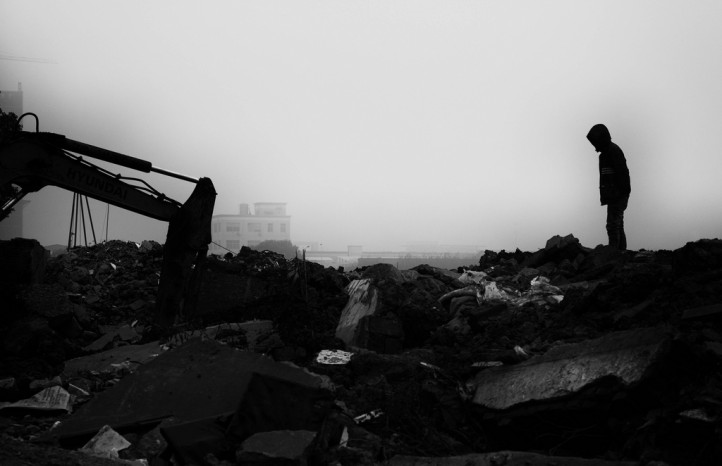
Thomas Piketty’s “Capital” is an extremely important contribution to the study of economics and inequality over the last few centuries. But because it fails to address the real limits on growth—namely our ecological crisis—it can’t be a roadmap for the next. (Photo: Dai Luo / Flickr)
By now, it’s no secret that French economist Thomas Piketty is one of the world’s leading experts on inequality. His exhaustive, improbably popular opus of economic history—the 700-page Capital in the Twenty-First Century—sat atop the New York Times bestseller list for weeks. Some have called it the most important study of inequality in over 50 years.
Piketty is hardly the first scholar to tackle the linkage of capitalism with inequality. What sets him apart is his relentlessly empirical approach to the subject and his access to never before used data—tax and estate records—that elegantly demonstrates the growing trends of income and wealth inequality. The database he has compiled spans 300 years in 20 different countries.
Exactingly empirical and deeply multidisciplinary, Capital is an extremely important contribution to the study of economics and inequality over the last few centuries. But because it fails to address the real limits on growth—namely our ecological crisis—it can’t be a roadmap for the next.
Inequality and Growth
One of the main culprits of inequality, according to Piketty (and Marx before him), is that investing large amounts of capital is more lucrative than investing large amounts of labor. Returns on capital can be thought of as the payments that go to a small fraction of the population—the investor class—simply for having capital.























